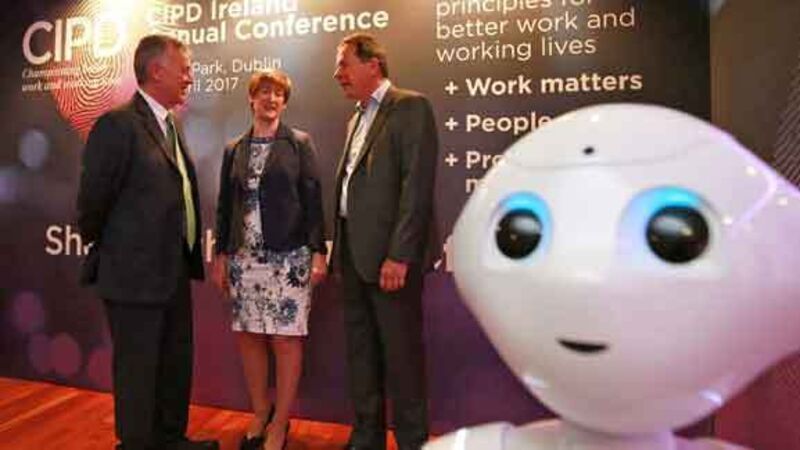Human Resources must ‘return to its roots’

In business, it can be hard not to be bedazzled by the daily events. Of course, it is vital to keep one’s eye on the road.
The Brexit juggernaut is rumbling onwards. Will it slow down in time? Who knows?
Try from €1.50 / week
SUBSCRIBEIn business, it can be hard not to be bedazzled by the daily events. Of course, it is vital to keep one’s eye on the road.
The Brexit juggernaut is rumbling onwards. Will it slow down in time? Who knows?
Already a subscriber? Sign in
You have reached your article limit.
Annual €130 €80
Best value
Monthly €12€6 / month
Introductory offers for new customers. Annual billed once for first year. Renews at €130. Monthly initial discount (first 3 months) billed monthly, then €12 a month. Ts&Cs apply.
CONNECT WITH US TODAY
Be the first to know the latest news and updates
Newsletter
News and analysis on business, money and jobs from Munster and beyond by our expert team of business writers.
Push Notifications
By clicking on sign up you will be the first to know about a selection of business content on this browser. Please note if you are unable to sign up via your mobile web browser, download and sign up for mobile push notifications via our FREE news app.
Sign UpYou have accepted push notifications for this content. If you would like to manage your push notification preferences, you can do so here.
Newsletter
News and analysis on business, money and jobs from Munster and beyond by our expert team of business writers.
Newsletter
Keep up with stories of the day with our lunchtime news wrap and important breaking news alerts.
Monday, February 9, 2026 - 6:00 AM
Monday, February 9, 2026 - 8:00 AM
Monday, February 9, 2026 - 8:00 AM
© Examiner Echo Group Limited